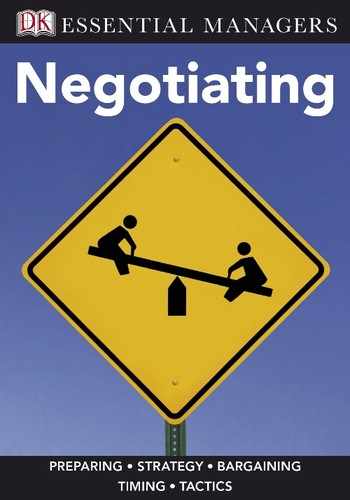Developing Mutual Trust
Trust is an essential component of success in all types of negotiation, whether business, diplomatic, or legal. Ambassador Dennis Ross, former US Coordinator of the Middle East, has stated that the ability of negotiators to develop mutual trust is the most important ingredient of successful negotiation, and that without it, negotiations fail.
Understanding the benefits
Trust involves a willingness to take risks. It has to do with how vulnerable one is willing to make oneself to a counterpart. There are many benefits to having trust between negotiators: it promotes openness and transparency, and makes the negotiators more flexible. Negotiators who trust each other take each other’s words at face value and do not have to verify their statements. This reduces emotional stress and other transaction costs, and makes the negotiation process more efficient. The likelihood of achieving good and lasting agreements is also higher.
Keeping your commitments
Building trust is difficult but losing it is easy, especially if you break your commitments. The French diplomat Francois de Callier, who wrote the first negotiation book in 1716, stated that a relationship that begins with commitments that cannot be maintained is doomed. Shimon Peres, the President of Israel, has said that promises have to be delivered, otherwise one’s reputation is at stake. Although people do sometimes make genuine mistakes and promises in good faith that they ultimately cannot keep, if you want to build trust, you need to make every effort to keep your commitments.
Building your reputation
One of the most important currencies negotiators have is their reputation. It may sometimes be tempting to maximize short-term gains by overlooking the long-term consequences, but experienced negotiators know that people prefer to do business with those that they trust, and guard their reputation fiercely.
Developing trust
Reciprocation is important for building trust. When negotiators offer information or concessions, they expect the other party to reciprocate. Without reciprocation, no further gestures of goodwill will be offered. With reciprocation, the negotiating parties will be able to find ways to collaborate and create value for both.
It is also important to be seen to be fair. As fairness is a subjective matter, however, make sure that you understand the standard of fairness that your counterpart adheres to. Past behavior is often used as a predictor for future behavior, so try to behave consistently.
Examples of actions used by negotiators to build trust
When Henry Hollis sold the Palmer House in Chicago to Conrad Hilton, he shook hands on Hilton’s first offer of $19,385,000. Within a week Hollis received several offers more than a million dollars higher. However, he never wavered on his first commitment.
In 1873, US financial markets were in poor shape and “king of steel” Andrew Carnegie needed to cash in a $50,000 investment with J.P. Morgan. Expecting a $10,000 profit, he asked Morgan to send him $60,000. Morgan sent $70,000—the investment had made $20,000 profit.
TIP
Although there are many benefits to a trusting relationship, it is not always possible to build trust. Some individuals and groups are simply untrustworthy, so be cautious in your efforts to develop trust.
